
Our Experience
FFLA is recognized at the regional level for its important trajectory and experience in dialogue processes, conflict transformation and capacity building
FFLA is recognized at the regional level for its important trajectory and experience in dialogue processes, conflict transformation and capacity building. FFLA is recognized at the regional level for its important trajectory and experience in dialogue processes, achieving important transformations of conflictive relationships into collaborative relationships. FFLA has organized and facilitated more than 65 regional dialogues for the formulation and discussion of public policies on natural resource management, in cases such as: the conservation of the Galapagos Marine Reserve; the creation of an Environmental Fund (Ecofondo) with OCP resources; the Taura syndrome; water use in Bolivia; or the limits of the Alto Nangaritza Protected Forest.
FFLA has conducted more than 100 training courses in Latin America and the Caribbean, providing more than 2,000 people with skills to analyze and promote policy dialogue processes for sustainable development, conflict management and territorial management. Participants come from a wide range of sectors: political, environmental, business, social, community, trade, diplomatic, academic, and experts from various disciplines.


FFLA has solid experience in third party fund management. Since 2010, FFLA has been the Regional Facilitator for Latin America and the Caribbean of the Climate and Development Knowledge Network (CDKN). Between 2018 and 2021, coordinated the Critical Ecosystem Partnership Fund (CEPF) and implemented activities in Ecuador and the region. To do so, FFLA administered the funds and had strategic partners-local NGOs, indigenous groups, academia, subnational governments-who implemented on-the-ground actions. As fund manager, FFLA performed ongoing financial, technical and operational monitoring of the various projects under implementation.
Likewise, between 2016 and 2019, FFLA coordinated the implementation of the Climate Resilient Cities in Latin America Initiative (CRC Initiative) at the regional level. Finally, since 2018, it acts as a global partner for the Adaptation Fund Network-AFN, focusing as an overseer of the projects financed by the Adaptation Fund and the long-term sustainability of the Network.
Results and Impact
More than 27 years of experience behind us, learn more about our trajectory below.

2020 was a year of drastic and unexpected changes. A global health crisis caused by COVID-19 changed the way of working, altered priorities, and led to a reevaluation of institutional needs and a deep reflection on how to refocus the work in the region. 2020 was a year of restructuring institutional objectives, focusing efforts on the sustainable management of territories with an important focus on natural resource management and climate management. It was a year of multiple efforts, internally we reviewed the work scheme, the organization, but above all how to strengthen the team. FFLA, like several civil society organizations, applied a policy of austerity, which included a restructuring of the team, accompanied by a development plan, both institutional and personal. Externally, it reaffirmed its commitment to continue contributing to a more dignified Ecuador and Latin America, more respectful of nature for all its citizens.
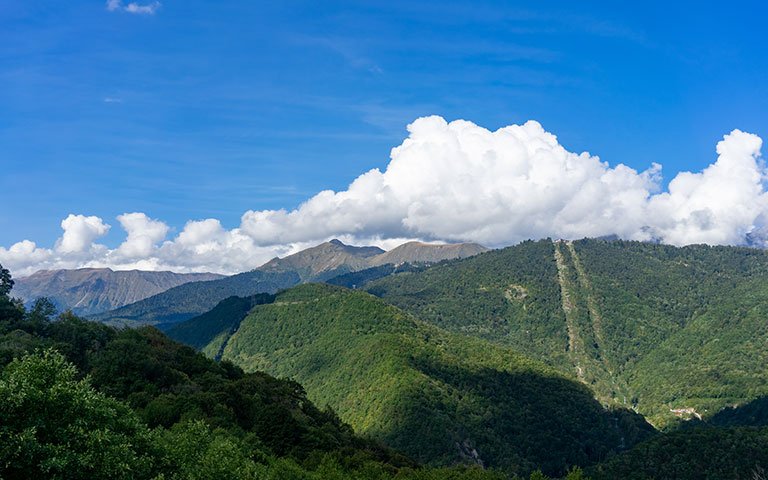
The year 2019 presented enormous challenges and challenges that demanded efforts and adaptive capacity to meet the goals and objectives set. In 2019, FFLA elaborated several proposals, actions and initiatives that positioned its work at a regional level, and which in turn, reaffirmed the importance of rethinking the future, considering the current circumstances and adapting to a more agile and more current structure.
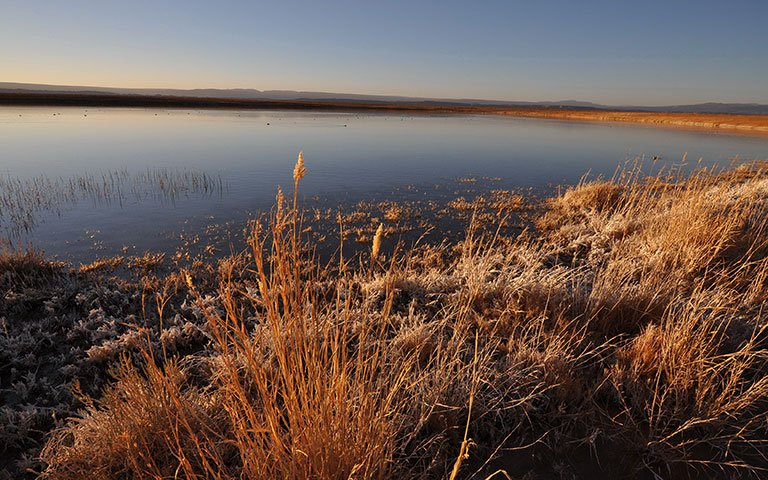
2018 led FFLA through a process of reflection and analysis of its role and a redefinition to respond to the changing role of civil society in these times. Faced with the adversity suffered by civil society and political uncertainty in the region, organizations such as FFLA with its extensive experience managed to find opportunities at times when only threats were looming. FFLA’s work in climate-resilient cities demonstrated the important role of local governments in acting directly towards sustainable development. At the same time, these local leaderships allowed to innovate and position the Sustainable Development Goals, to become a management model with possibilities of replication at regional and global level.
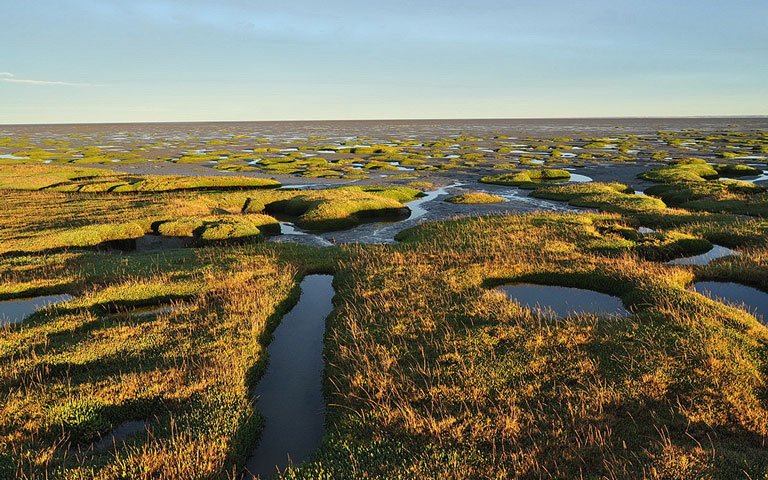
In 2017 FFLA had opportunities to respond and contribute to the challenges of a dynamic national and regional context, as well as to important institutional challenges that provided the need to refresh and innovate intervention modalities. In the search for solutions more in line with this reality, strategic alliances were expanded and existing collaborative relationships were deepened.
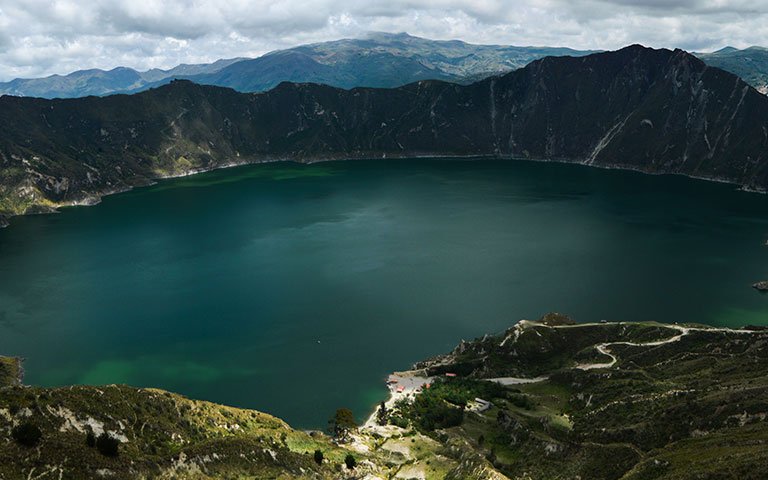
Throughout 2016, the most important challenges in the global and regional context were focused on Action. This involved the need to develop concrete actions from States and countries to fulfill the commitments made in 2015: the SDGs of the 2030 Agenda and the Nationally Determined Contributions (NDCs) incorporated into the Paris Agreement, as well as the commitments for sustainable urban development reflected in the New Urban Agenda agreed in the city of Quito. FFLA worked directly to support these proposed goals.
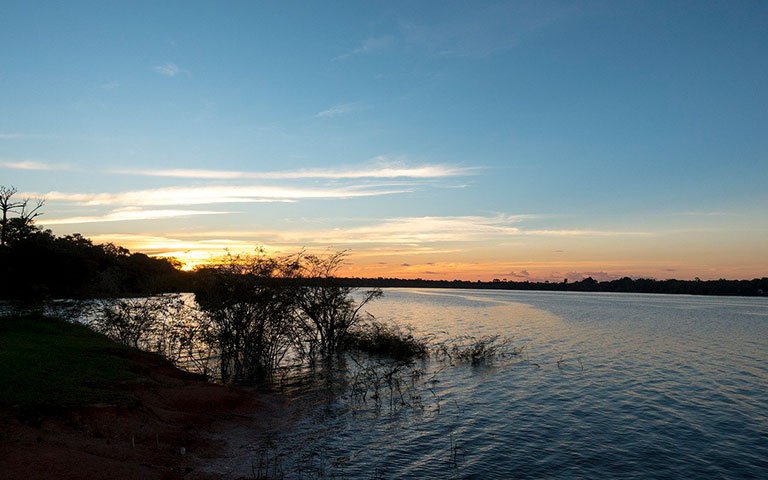
2015 was a particularly dynamic year, which posed important challenges for FFLA’s institutional work. Several events aligned and strengthened institutional bets opening interesting opportunities for work that strengthened political and institutional citizen capacities for multisectoral and intercultural dialogue, good governance for sustainable development, and a culture of peace in Latin America.

2014 allowed for a retrospective look, as it concluded the first three years of FFLA’s ten year planning, during which it made a significant contribution to the structural changes it proposed to work towards–the generation of conditions to advance in the construction of the dream of a sustainable Latin America based on a culture of peace. The global and regional context posed important opportunities and challenges for sustainability and, consequently, for the development of responses and strategies from FFLA’s institutional capacities.
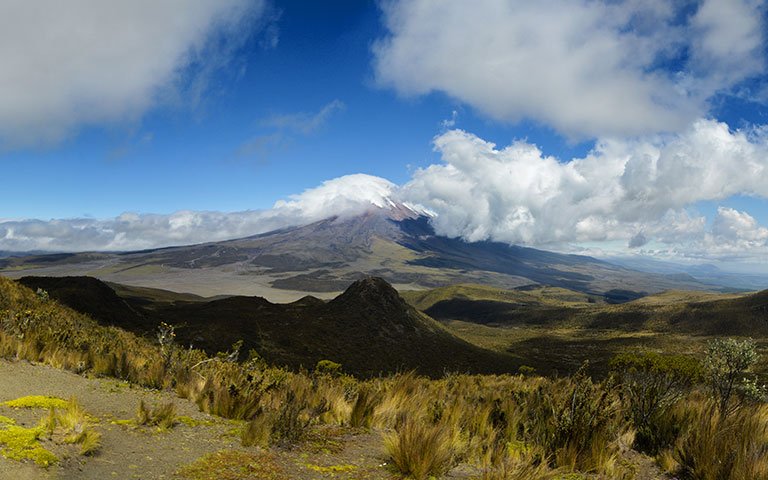
2013 was a significant year for FFLA, since it completed 20 years of committed work, generating conditions to make sustainable development processes viable in Ecuador and Latin America. During this period, internal capacities were strengthened, and conceptual and methodological approaches were refined and perfected to respond with quality and efficiency to the demands of the national and regional context.

2012 was marked by two significant events: on the one hand, it was the first year of implementation of the 2012-2022 Strategic Plan, and of the new three-year planning 2012-2014; on the other hand, several important changes and transitions took place within the organization, which tested FFLA’s soundness and ability to adapt to change.